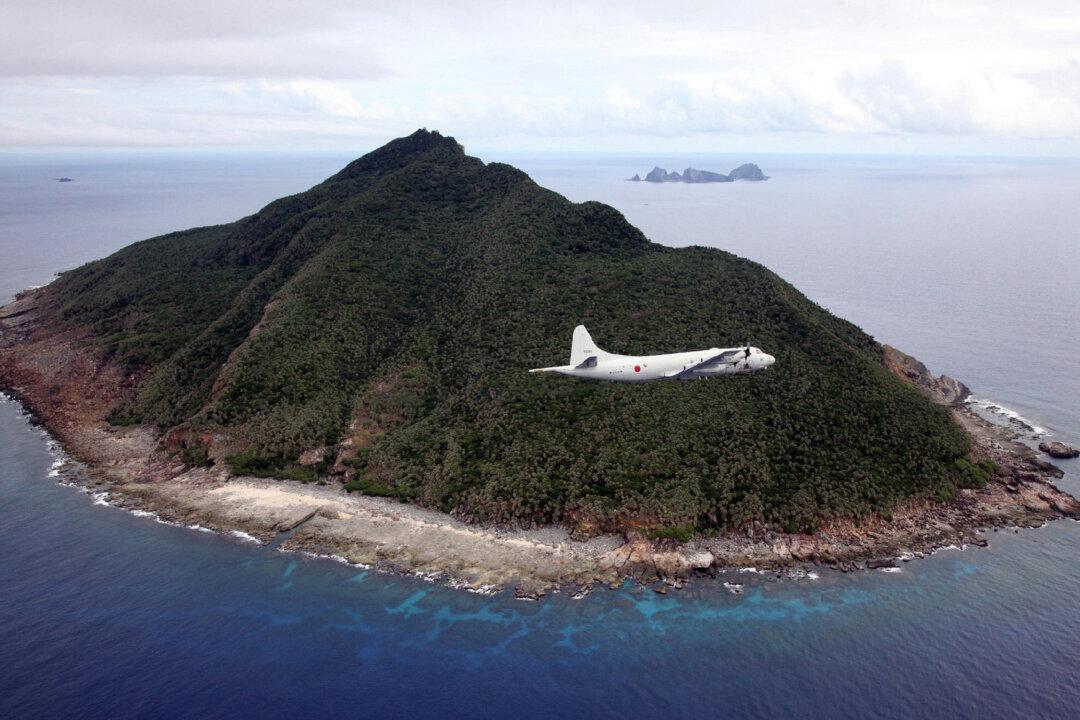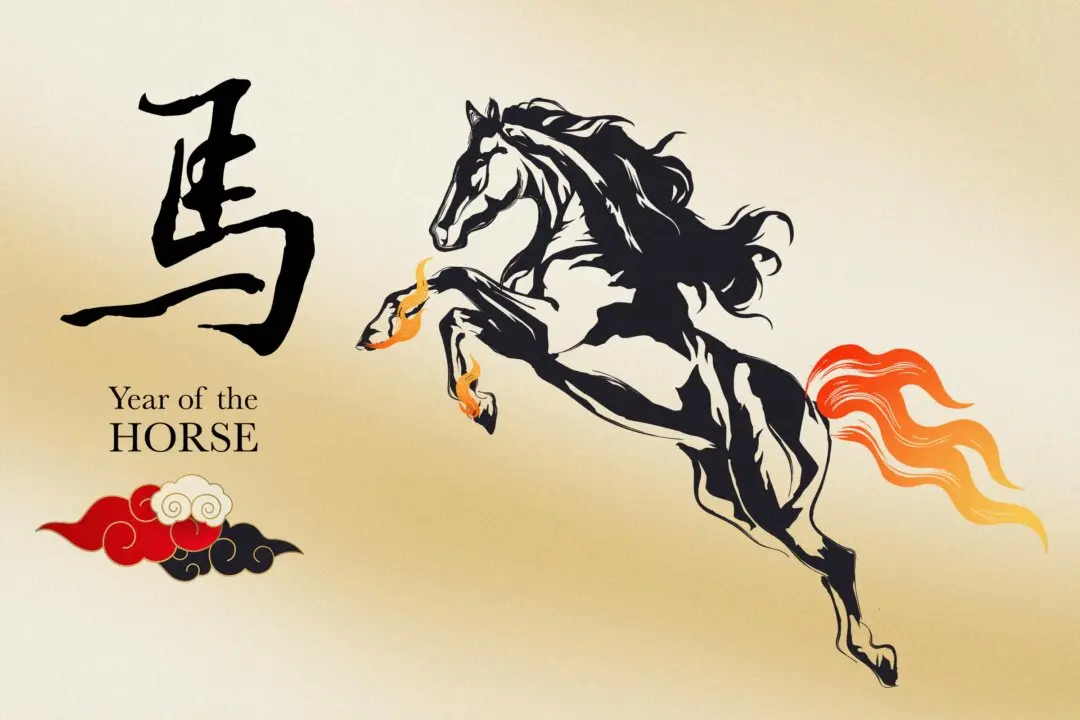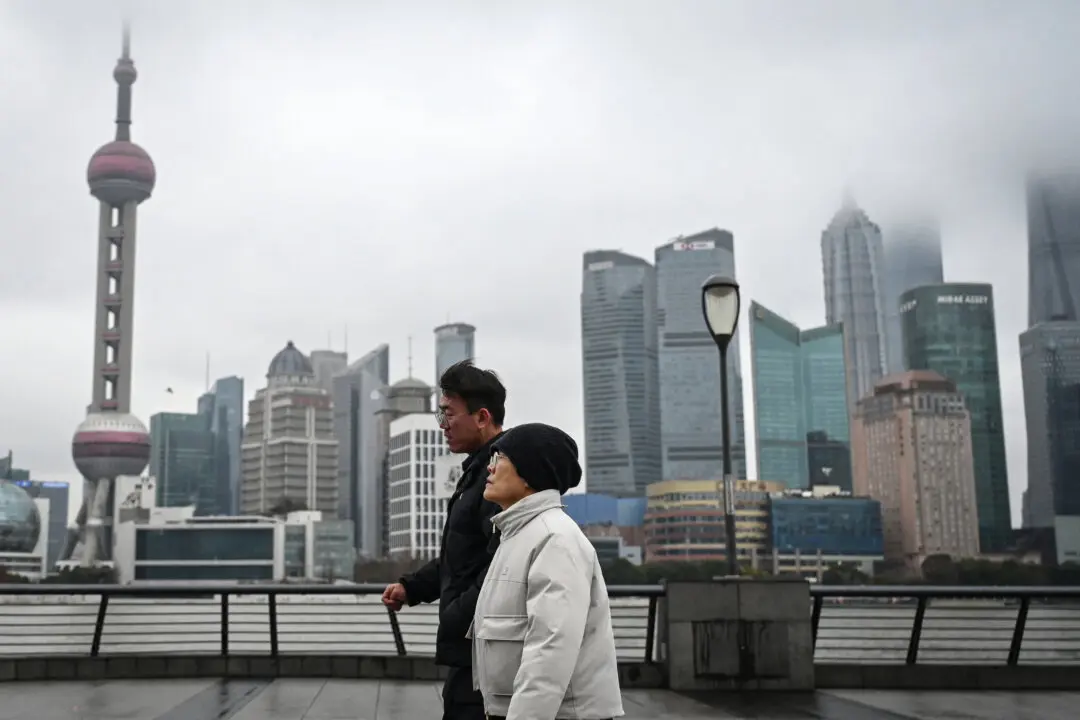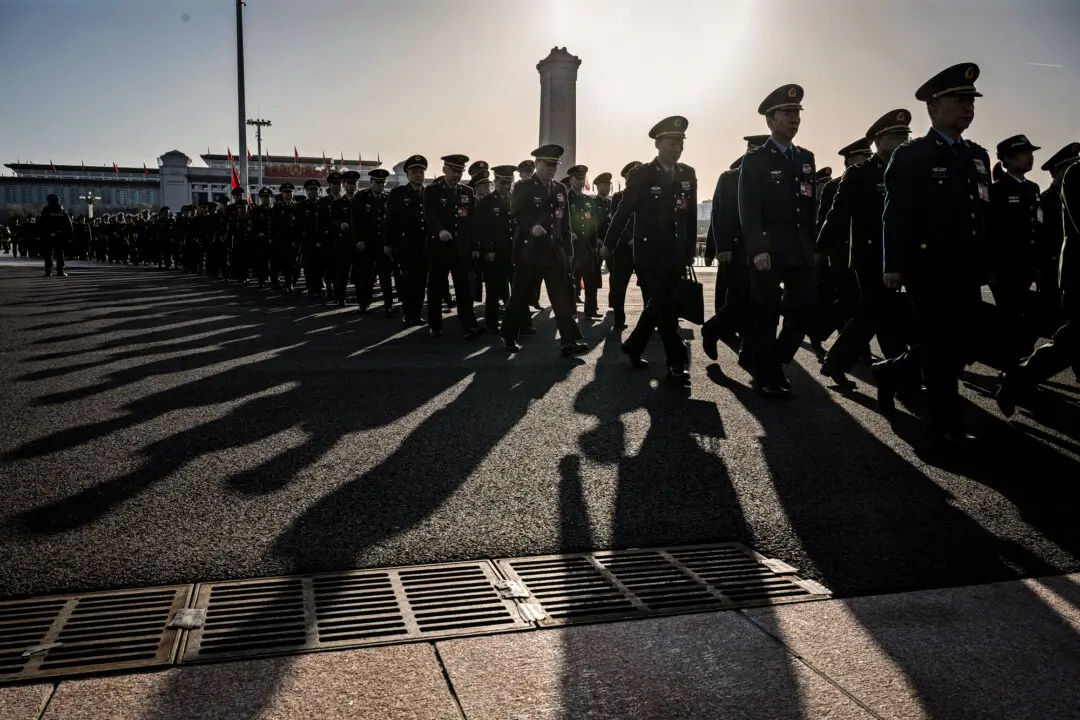The Chinese communist regime has recently intensified its provocations against Taiwan, Japan, and the Philippines in disputed waters. Various international media reports pointed out that Beijing is testing the Biden administration to see if the United States will take concrete action after pledging to work with Asian allies to contain China.
The tension between China and Japan has recently intensified as Beijing announced last week that Tokyo must abandon all claims of sovereignty over the disputed Senkaku Islands. The Senkaku are an uninhabited chain of islands in the East China Sea that Japan has controlled for decades, but Beijing has recently claimed the islands as its own territory.




